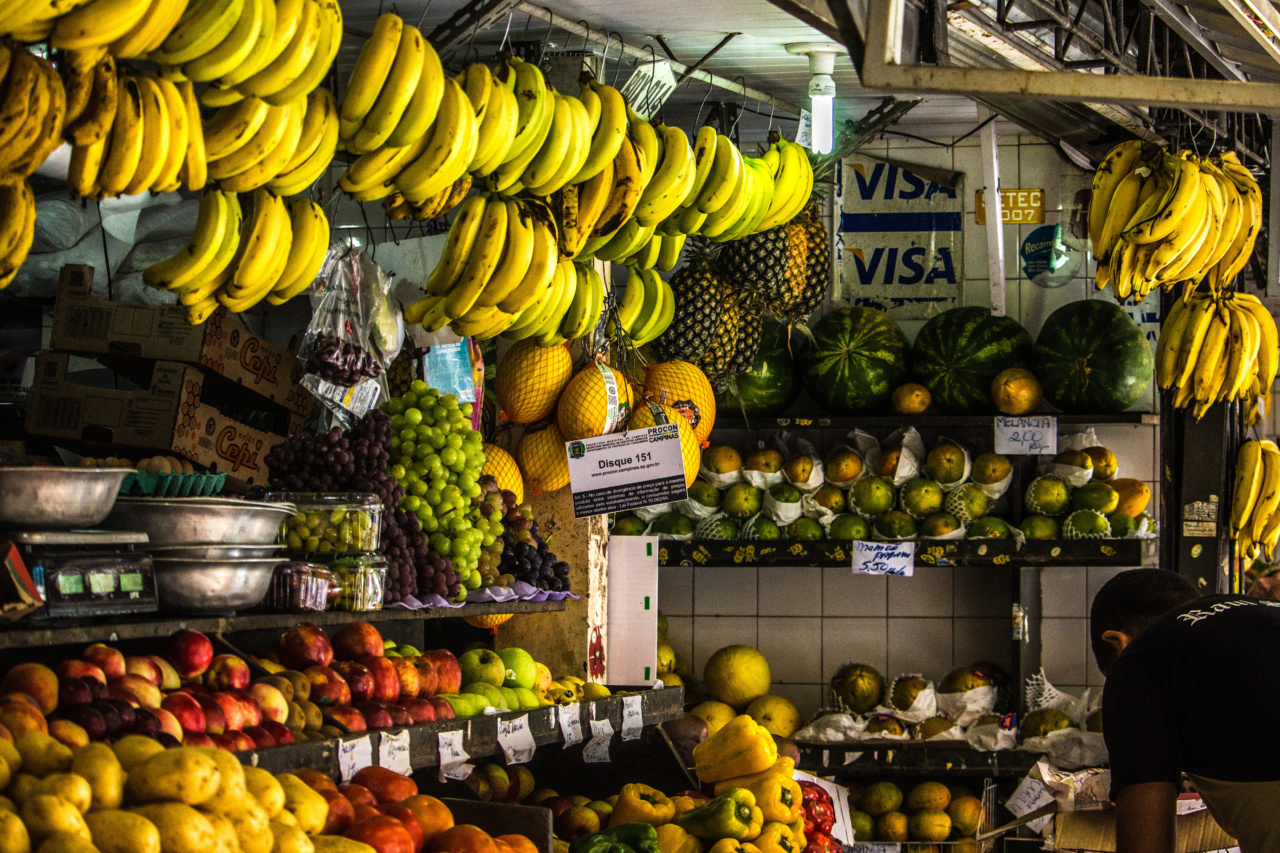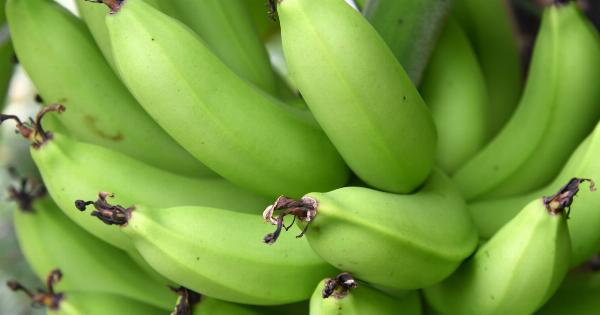Bananas are one of the most popular fruits in the world, and they are a crucial source of nutrition for millions of people. They are a good source of potassium, vitamin C, and vitamin B6, and they are low in fat and cholesterol.
Bananas are also inexpensive and widely available, making them a staple in many diets. However, bananas have a short shelf life, which can make them difficult to transport and store. Genetically modified bananas with extended shelf life can address this issue.
What are Genetically Modified Bananas?
Genetically modified bananas are bananas that have been modified using biotechnology techniques to include a gene that extends their shelf life. This gene is typically extracted from other fruits or bacteria and inserted into the banana’s DNA.
This process is known as genetic engineering, and it allows scientists to introduce specific traits into different organisms.
How do Genetically Modified Bananas Extend Shelf Life?
The gene that is inserted into genetically modified bananas is typically the gene for polyamines, which are natural compounds found in many fruits and vegetables.
Polyamines are known to play a role in the ripening process of fruits and vegetables, and they have shown promise in extending the shelf life of produce. When polyamines are introduced into bananas, they slow down the fruit’s ripening process, which can extend their shelf life by up to two weeks.
Why are Genetically Modified Bananas Important?
Genetically modified bananas are important for a number of reasons. First, they can help address the issue of food waste.
According to the Food and Agriculture Organization of the United Nations, roughly one-third of all food produced in the world is lost or wasted each year. This includes fruits and vegetables that spoil before they can be eaten. Genetically modified bananas with extended shelf life can help reduce this waste by allowing the fruit to be transported and stored for longer periods of time.
Second, genetically modified bananas can help address the issue of food insecurity.
According to the World Bank, nearly 690 million people around the world are undernourished, which means they do not have access to enough food for an active and healthy life. Bananas are an important source of nutrition for many people, especially in developing countries where other sources of nutrients may be scarce.
Genetically modified bananas with extended shelf life can help ensure that more people have access to this nutritious fruit.
Controversy over Genetically Modified Bananas
Despite the potential benefits of genetically modified bananas, there is also controversy surrounding their use.
Some people are concerned about the safety of genetically modified foods, and they worry about the potential long-term effects of consuming these foods. Others are concerned about the impact that genetically modified bananas could have on the environment.
There are also concerns about the impact that genetically modified bananas could have on small farmers, who may not have the resources to compete with larger companies that are able to produce and market genetically modified bananas.
The Future of Genetically Modified Bananas
Despite the controversy surrounding genetically modified bananas, it is likely that they will become more common in the future.
There is already research underway to develop genetically modified bananas that are resistant to certain diseases, such as Panama disease, which has devastated banana crops in the past. These disease-resistant bananas could help ensure that bananas remain a stable crop even in the face of disease outbreaks.
Conclusion
Genetically modified bananas with extended shelf life have the potential to address a number of important issues related to food waste and food insecurity.
While there is controversy surrounding their use, it is likely that we will see more genetically modified bananas in the future as scientists continue to develop new and innovative ways to address the challenges facing our food system.






























